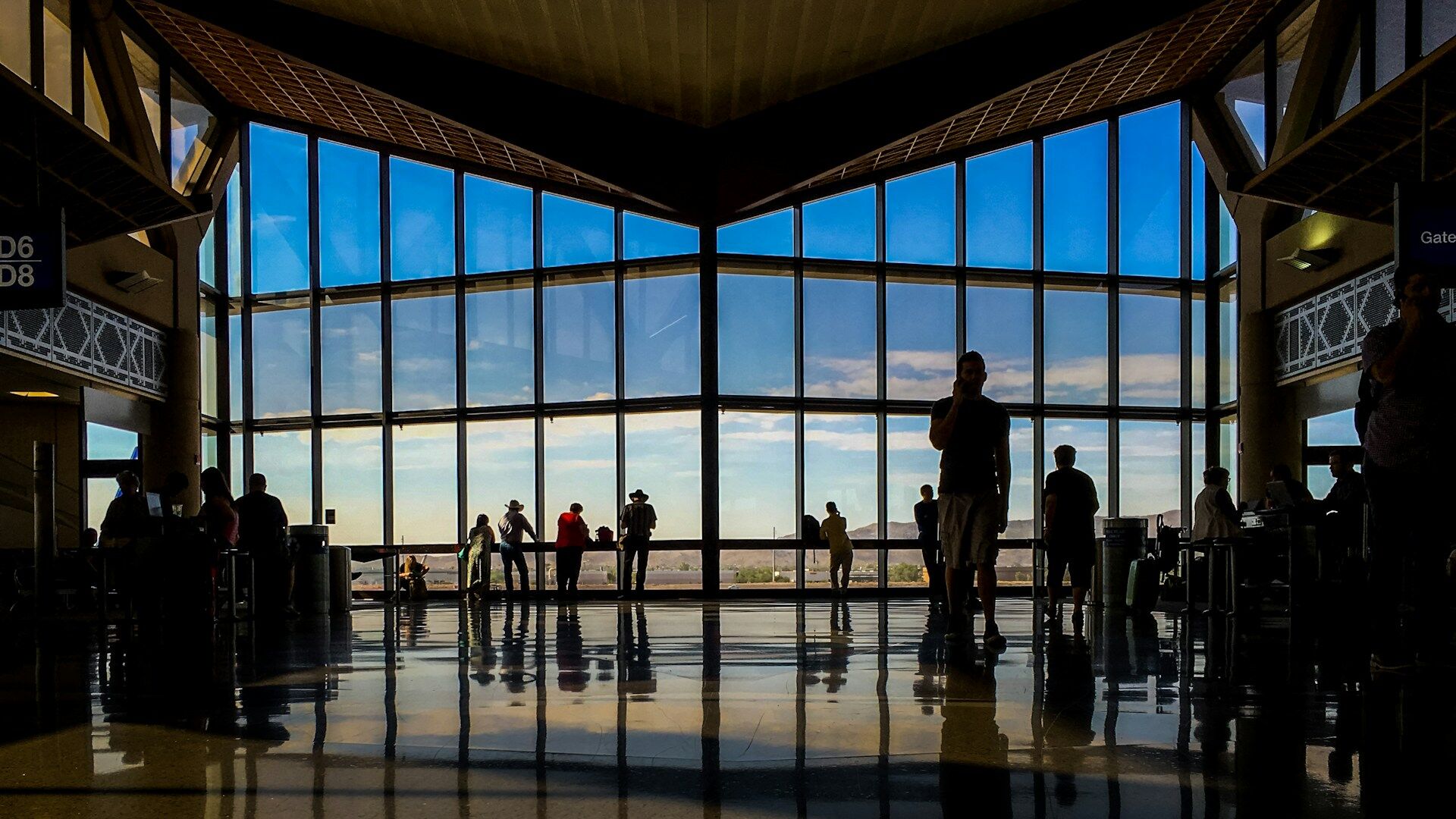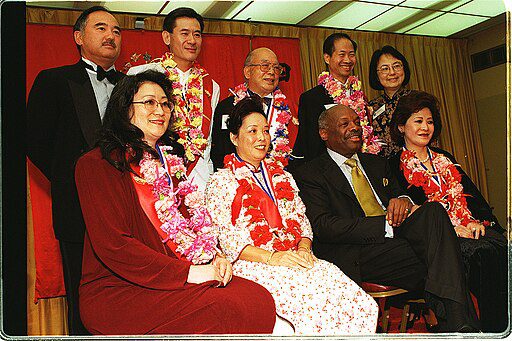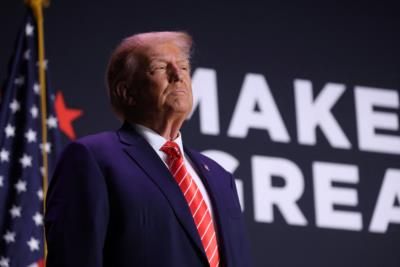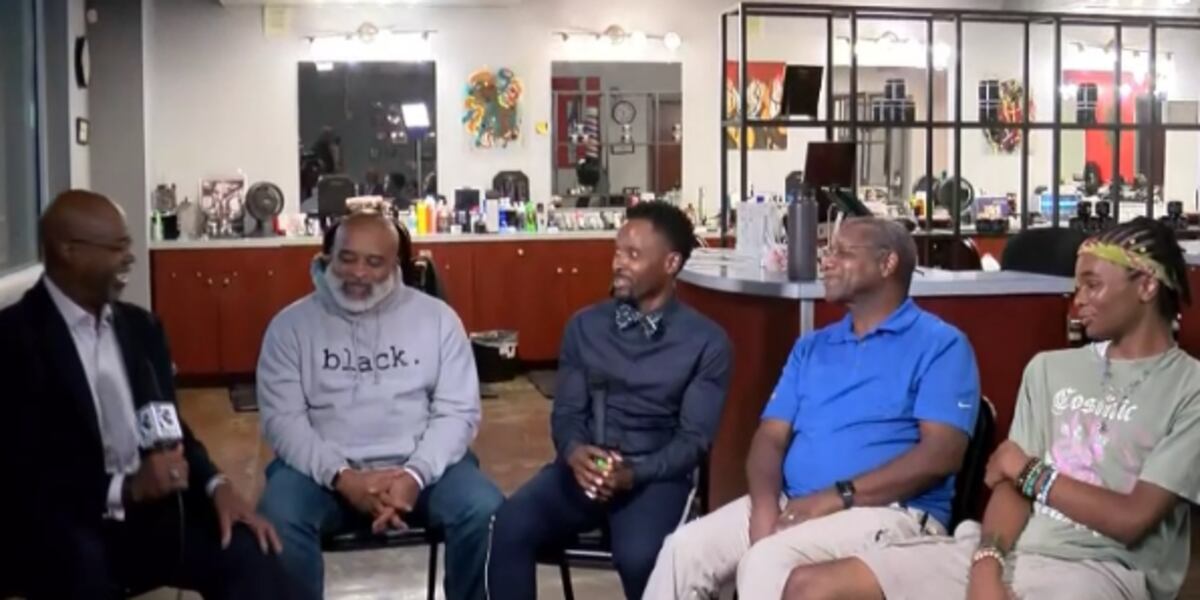- BlackVoter.Org
- Posts
- BLACKVOTER.ORG #132
BLACKVOTER.ORG #132

As the November elections approach, the debate over noncitizen voting is heating up across eight states. Since a 1996 federal law prohibits noncitizens from voting in federal elections, states have been left to navigate their own rules for state and local contests.
This fall, eight significant ballot measures are up for consideration, either reinforcing bans on noncitizen voting or allowing it in certain jurisdictions. States like Arizona, Florida, and Georgia explicitly prohibit noncitizen voting, while places like California and Maryland permit it in specific areas.
Additionally, the SAVE Act, aimed at reaffirming voter eligibility, has passed the House but stalled in the Senate. With legal wrangling and accusations of voter fraud swirling, state legislatures are at the forefront of a contentious conversation that could reshape the electoral landscape, highlighting the diverse interpretations of voting rights in America.

As the 2024 election heats up, both Vice President Kamala Harris and former President Donald Trump are vying for the attention of a crucial demographic: Black men, particularly those in battleground states like Pennsylvania and Georgia. Despite Harris leading Trump in recent polls among Black voters, many express feelings of neglect and disillusionment with both candidates.
Interviews reveal a complex landscape: younger Black men are skeptical of Harris, viewing her as emblematic of a system that hasn’t improved their lives, while others feel Trump’s past policies were better for their communities. With sentiments ranging from skepticism to cautious support, it’s clear that motivating this demographic to vote is critical for Harris, who needs to bolster her numbers to replicate Biden's successful strategy from 2020 and maintain momentum in the race.
Both parties must navigate this nuanced voter landscape if they hope to secure a victory come Election Day.

In "Asian American Religious Voters: Three Basic Things To Know," Melissa Borja highlights the crucial role of Asian American voters, particularly those with religious affiliations, in shaping the political landscape for the 2024 elections. Borja emphasizes that Asian Americans are a rapidly growing demographic, particularly in swing states, making their votes potentially decisive.
Contrary to stereotypes, this group is diverse in religious beliefs—not just Christian, but also Buddhist, Hindu, and Muslim—challenging the conventional notion of religious voting trends. Furthermore, Borja dispels the myth that all Asian American Christians lean conservative, noting a significant portion identifies as Democrats.
As political polarization intensifies, understanding and engaging with Asian American religious voters is essential for creating an inclusive democracy. Ignoring this vibrant community is not only a political misstep but also a failure of democratic values that honor every voice in society.

From the early days of America, the struggle for voting rights has been a long and arduous journey. Initially limited to white male property owners, the franchise slowly expanded, with significant milestones including the 15th Amendment for Black men in 1870 and the 19th Amendment for women in 1920.
Even then, many, including Native Americans, faced barriers that suppressed their voice at the ballot box until well into the 20th century. Key figures like Willie Velasquez championed the cause for Mexican Americans, transforming political landscapes by mobilizing Latino voters.
Today, activists continue to fight against voter suppression tactics like ID laws and gerrymandering. As our nation approaches the next election cycle, understanding this complex history is vital to appreciating the ongoing efforts to ensure that every citizen has a voice in shaping our democracy.
The battle for voting rights is far from over, reflecting America’s evolving commitment to inclusivity and representation.
/

As the presidential election heats up, both Donald Trump and Kamala Harris are recalibrating their strategies to woo a diverse range of voters. In a surprising shift, Trump is focusing on issues like countering China's influence and advocating for American farmers, aiming to attract disillusioned suburban Republicans and labor demographics.
Meanwhile, Harris is reaching out to voters traditionally aligned with Trump, including segments of the Black and Latino communities. This reimagining of their platforms reflects a desire to break from conventional party politics.
The stakes are raised further after a thwarted assassination attempt on Trump, underscoring the high tensions surrounding this election cycle. With both candidates strategically adapting to broaden their appeal, the final weeks promise an unpredictable and fiercely competitive race.

In Charlotte, an engaging political forum titled "The Barbershop Series: Let’s Talk - Black Men and Voting" is set to tackle the critical issue of boosting Black male voter turnout. Hosted by the Charlotte Black Voter Project, the event features a dynamic panel of local leaders, including Mecklenburg County Commissioner Authur Griffin and West Charlotte High School's Bobby Forrest.
With data showing that historically, fewer Black men vote compared to their female counterparts, this discussion aims to uncover strategies to reverse the trend and empower Black men in the electoral process. As the 2024 election approaches, it's crucial for every voice to be heard, with 34.
4 million Black voters expected nationwide. Tune in live on WBTV at 6 p.
m. on September 23 to join the conversation, share your questions, and help spark change in voter engagement.
As the 2024 U.S.
presidential election approaches, Donald Trump’s campaign is making waves—littered with controversies over fake news and shifting policy positions. Despite facing backlash for his provocative statements, Trump remains neck-and-neck with Democratic nominee Kamala Harris, with polls showing a tight race where neither candidate has a clear lead.
The stakes are high: suburban Republicans might hold the key to Harris’s aspirations, while traditional Democratic stalwarts, such as African Americans, Latinos, and young voters, could swayed toward Trump. With just six weeks until Election Day, both candidates are scrambling to expand their voter coalitions, making this election one of the most unpredictable in recent history.

In a recent setback for voting rights, Congress has blocked the SAVE Act, which aimed to safeguard against non-citizen voting and ensure that only citizens' ballots count. This proposed legislation faltered amidst bipartisan opposition, leaving citizens to champion the cause of their own electoral integrity.
The article highlights the historical legacy of activism surrounding voting rights, from Clara Vajda's advocacy for Citizenship Day to the pivotal achievements of the Voting Rights Act of 1965. With current laws lacking compliance requirements for citizenship verification during voter registration, the call to action is clear: citizens must unite to protect their right to vote.
As the article compellingly argues, the spirit of American democracy—one rooted in the principles laid out by the Founding Fathers—depends on vigilant activism and collective responsibility to uphold the sanctity of citizenship and voting rights.
/
